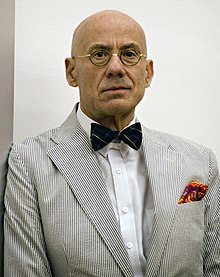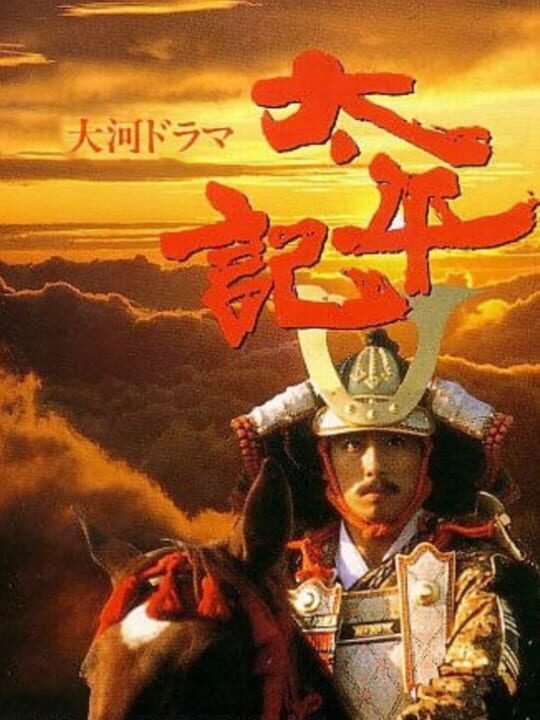James Ellroy published the first entry of his LA Quartet in 1987, before he turned 40. Viewed purely as a murder mystery, it has a lot of plot but is not well plotted. Bucky Bleichert's reason for concealing the truth of the case (to cover up his initial misconduct with a witness) is very weak to begin with and further weakened by the ending, in which he is kicked out of LAPD anyway. The final few chapters feel super rushed in not only revelations but also characterization and motivation. Many discoveries are built upon coincidences and tenuous deduction. The last bit of revelation about Lee Blanchard's murder is particularly weak, using the silly "eaves-dropping outside the window" tactic that a serious mystery writer would be too embarrassed to adopt.
While plotting is not a strong point, the novel thrives on Ellroy's way with words as well as the undertone of sexual perversion that is less about the crime itself but about the characters and, by extension, the author. Therein lies the real fascination: a muck of sliminess and self-loathing that pervades the world of LAPD and Hollywood. Ellroy has openly talked so much about his Oedipal problem over his mother, who was unfortunately murdered when he was 10, that I almost wonder whether it is (perhaps unconsciously) a cover for a different source of guilt and shame. In other words, cop to the lesser shame (having sexual feelings toward one's parents) to avoid something even "worse." Sure, the Oedipal subtext is explicitly displayed in Bucky's love triangle with his partner Blanchard and both men's lover Kay Lake: The younger man comes into the established relationship of the older couple and treats them as symbolic parents. He lusts after the mother figure (Kay), who is sexually unsatisfied by the father figure (Lee). Eventually he replaces his father to become his mother's lover, while his father dies in Mexico. The author shows an unusual restraint (repression?) by avoiding the archetypal patricidal imagery, thus maintaining a questionably affectionate father-son relationship. I am not imposing Freudian theory on Ellroy; this is textbook stuff writing itself.
God knows I too relish in stories of police corruption and the approach of a total lack of morality, and the first half of the novel is well done in this respect, but the author does not delve too deep and only half-hints at the perverse masculinity as the root cause through the Vogel father and son pair. Bucky's endless descent into the psychosexual darkness in the second half seems half-baked as characters lose their internal logic and consistency, ultimately leading to an unsatisfactory conclusion. The only thing of note in the ending is its expression of his hatred of the mother figure, coexisting with the fantasy of male salvation through mother's life-giving. Such is the problem with women, isn't it? This leads me to wonder whether his worse-than-Oedipus-complex shame is in some ways associated with either his father or a symbolic father-son conflict. Or perhaps the panic is homoerotic, considering all the homosexual references peppered throughout the novel, which in turn is also related to the culture of masculinity. All the sexual desires in this novel are problematic -- I don't mean in terms of moral judgment but rather in its reluctance. I suppose the secret relationships within the Sprague family were considered shocking in 1987, even though they hardly exceed the noir crime novels of the 1940s. Yet they seem underdeveloped and rushed, as if the author just wants to get it over with.
It does not seem like Ellroy has ever undergone psychoanalysis, which is a shame (no pun intended).
----
Adding a note about the real-life Black Dahlia case.
I used to believe that humans are inherently violent and people killing other people is a more-or-less constant phenomenon. As I grow older and learn more about society, my view is slightly modified. I still think humans are inherent violently and there will always be some people who would kill other people, but context also matters. Depending on social conditions, killings can either spike or decline, and the types of killing also fluctuate. Of course, this is nothing but conjecture on my part, since I am too lazy to read up on sociology studies and textbooks on this subject.
Regardless and nevertheless, I often think about the difference and connection between sanctioned killing (eg, war, executions) and unsanctioned (eg, illegal) killing throughout human history. There are a couple of notable points to me about this case: 1) It occurred in 1947, soon after WWII, which the American public was very much aware of and involved in. The likelihood is high that the killer had killed before in a sanctioned context. 2) The murderer obviously sought attention through his contact with newpapers, which very much fit the pattern of many later serial killers.














